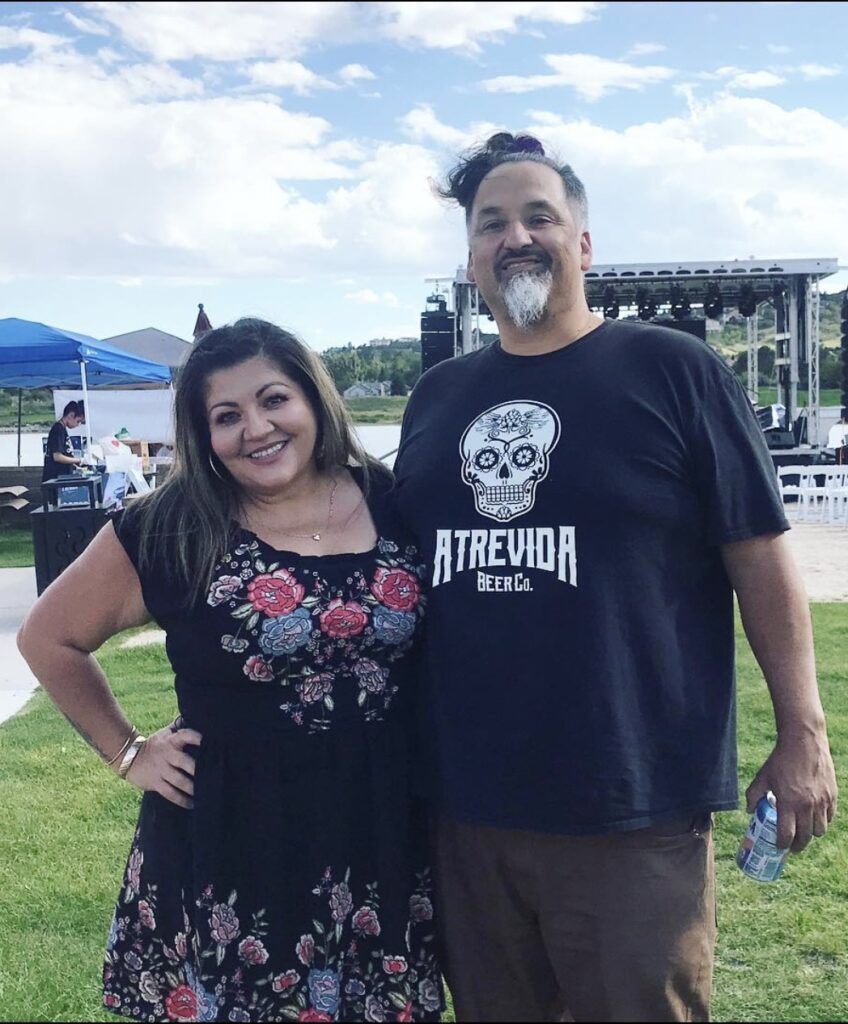Saturday night, just minutes before midnight, at a Colorado Springs nightspot, music gave way to a sound no one expected. At 11:57 the music at Club Q blended seamlessly with a burst of gunfire. A gunman, fully clad in body armor and armed with what is being described as an AR-15 and a handgun, became an executioner. In seconds, five people—perfectly happy only moments before—lay dead in pools of their own blood. Another 17, scattered about the room, were also shot.

The carnage could have been exponentially worse had it not been for an Army combat veteran and a drag queen, who was a featured performer as part of the club’s celebration of Transgender Awareness Week. Together they subdued a man authorities have identified as 22-year-old Anderson Lee Aldrich before he could complete his plan of total mayhem and lay waste to as many gay men and women as were in the room.
In the club that night was Richard Fierro, a decorated ex-Army officer who’d served multiple tours in Iraq and Afghanistan. He was there with his wife, daughter and her boyfriend. All they wanted, all they expected was an evening of entertainment. Three minutes before midnight, the entertainment stopped, gunfire and chaos took over.
“I went to the ground,” said Fierro, “as soon as I heard the rounds.” Then surveying what he could in the darkness, he saw the gunman, assessed the situation and ran toward him. The instant he contacted him, he leveraged his weight pulling him to the ground. Another club patron joined the fray and taking Fierro’s command, kicked the long gun away. In the same moment, Fierro took the second weapon—a handgun—from the gunman and began pistol-whipping him, what he described to CNN as, “whaling away.” The drag performer, on Fierro’s command, began kicking the gunman in the head and with her high heels.
The shooting, which most people learned about after waking up on Sunday morning, was eerily familiar to the June 2016 Pulse nightclub shooting in Orlando, Florida. Pulse, also a popular gay nightclub, was packed that Saturday eve- ning when another act of unexplainable carnage occurred.
The body count on that night of pain and grief totaled 49 dead, another 53 wounded.
In the six years since Pulse in Orlando and culminating at Club Q in Colorado Springs on Saturday past, the country has not become inured with mass shootings, but no longer are mass shootings shocking nor surprising. They are, as society has come to call them, ‘common.’
Mass shootings in America occur at churches, syna- gogues, grocery stores, schools, they happen anywhere, even in places where people swear they ‘don’t happen in places like this.’ They do.
In Colorado, going back to Columbine in 1999, to Aurora, to Boulder, to Denver, to Highlands Ranch, all tragic crime scenes in which crazed, inexplicable horror has reigned, they seem to happen in a tragically irregular pattern. There is a random but no longer unexpected reality to the mayhem.
Eleven mass shootings have occurred in Colorado since Columbine, each carrying its own weight in pain and suffering.
By accident, Major Fierro and his family had gone to Club Q, a magnet for the Colorado Springs’ LGBQT crowd, for fun, to be entertained. And they were, as was everyone else until 11:57. But within seconds of that moment, the celebra- tion ended, suddenly, painfully, and for some, permanently.
No one expected to become a victim and Fierro certainly did not expect to become a hero, a label others have bestowed on him but one he eschews. “I was done doing this stuff,” he told CNN’s John Berman in a recent interview, while stifling the burden of emotions. “There’s five people who didn’t go home.” Included in that group is his daughter’s boyfriend, Raymond Green Vance.
Others killed in the gunfire are Daniel David Aston, Kelly Loving, Ashley Paugh, and David Rump. A complete list of those wounded has not been released.
The man suspected of the killings is in a Colorado Springs hospital, but will be transferred to the El Paso County Jail when he’s able to be moved. Authorities continue to discuss the various charges he faces. But at a Monday afternoon news conference, charges that will be filed include five counts of first-degree murder and five charges of committing a bias-motivated crime.
The parking lot at Club Q is ringed with the all too familiar yellow police crime tape. Cars driven there and parked by people just hoping for an evening of entertainment remain corralled within the tape. Ringing the area is another very predictable and all too common American symbol, thou- sands of colorful bouquets, cards and notes of sorrow and remembrance, mylar balloons and stuffed animals each left for a friend or stranger whose only mistake was being in the wrong place at the wrong time.
The pain of this latest American tragedy lingers across the city. For some it will just continue, not unlike pebbles tossed into a pond, their splash creating a concentricity of sadness that just goes on and on.


